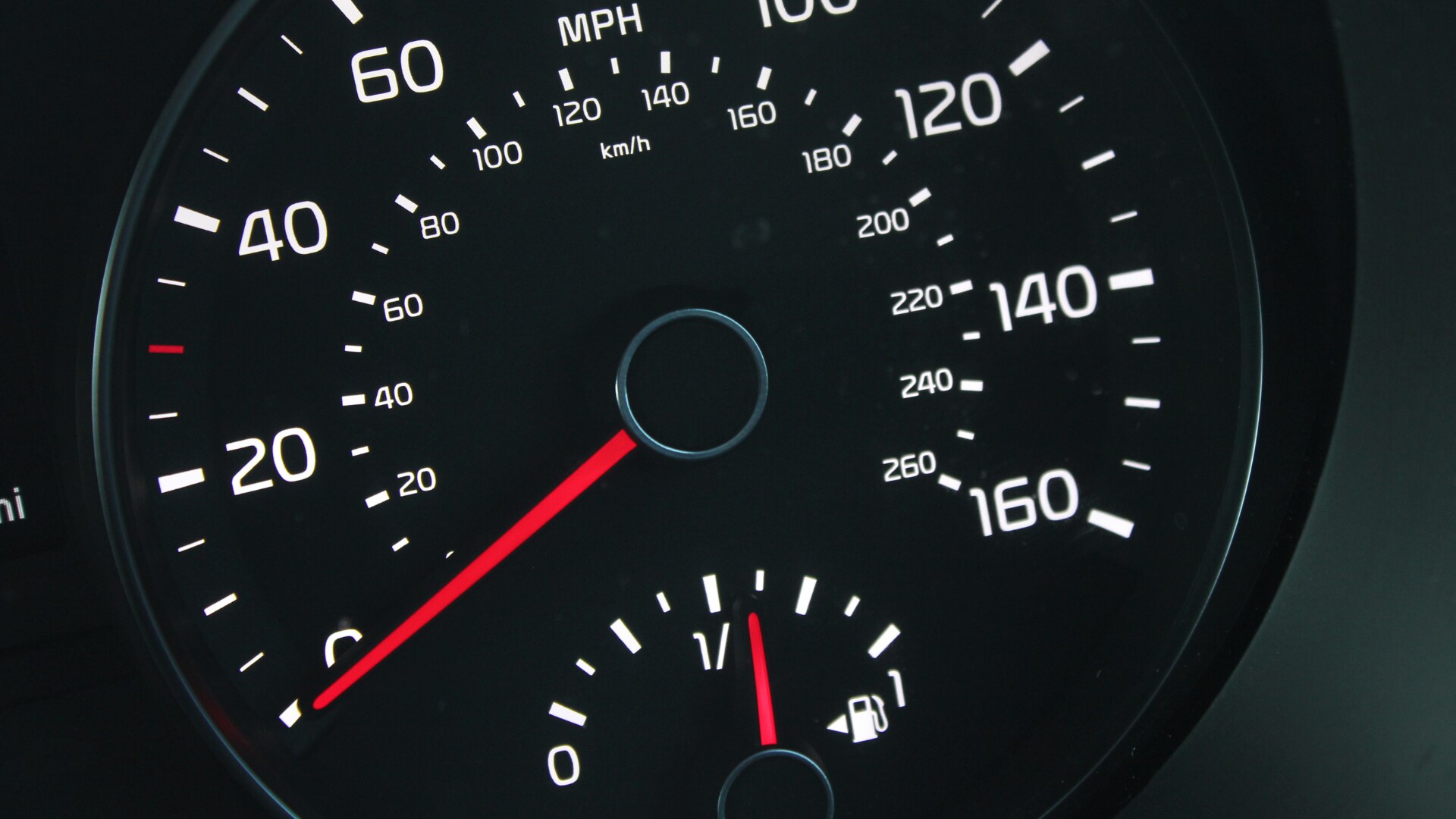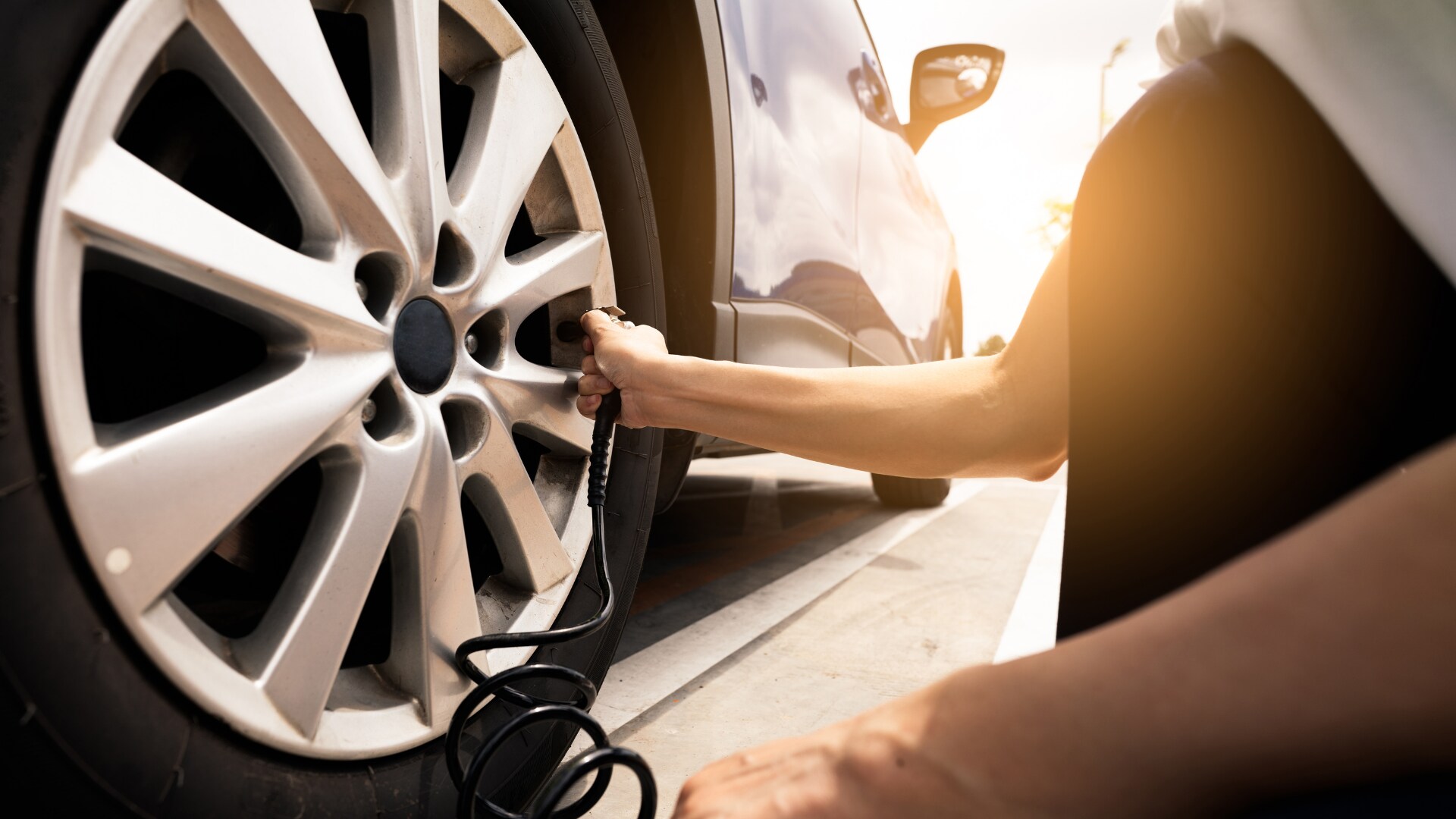
1. Lighten Your Load
Believe it or not, the weight your car carries directly affects its fuel consumption. Every extra 100 pounds can reduce your MPG by about 1-2%. So, take a moment to declutter your trunk and remove unnecessary cargo. Even something as simple as a roof rack or cargo box, when not in use, can create additional wind resistance and decrease fuel efficiency.
2. Smooth and Steady Wins the Race
Aggressive driving habits, like rapid acceleration and hard braking, can significantly drain your fuel tank. Aim for a smooth, steady driving style. Accelerate gently, coast whenever possible, and anticipate stops to avoid sudden braking. Maintaining a consistent speed, especially on the highway, can drastically improve your MPG.
3. Tire Pressure Matters
Under-inflated tires increase rolling resistance, forcing your engine to work harder. Check your tire pressure regularly and make sure they're inflated to the manufacturer's recommended levels. This simple step can improve your gas mileage by up to 3%.

A well-maintained vehicle operates more efficiently. Follow your car's recommended maintenance schedule, including oil changes, air filter replacements, and spark plug checks. A clean air filter alone can improve your gas mileage by up to 10%.
5. Choose the Right Fuel
Using the correct octane fuel for your vehicle (as specified in your owner's manual) ensures optimal engine performance. In some cases, switching to a higher octane fuel can slightly improve gas mileage, but it's not always cost-effective.

6. Plan Your Trips
Combining errands and avoiding peak traffic times can help you avoid unnecessary stop-and-go driving, which burns more fuel. If possible, plan your routes to avoid congested areas and take advantage of highways, where cars generally achieve better gas mileage.
7. Consider a Fuel-Efficient Vehicle
If you're in the market for a new car, research fuel-efficient models. Hybrid or electric vehicles offer excellent MPG and can significantly reduce your fuel costs over time.